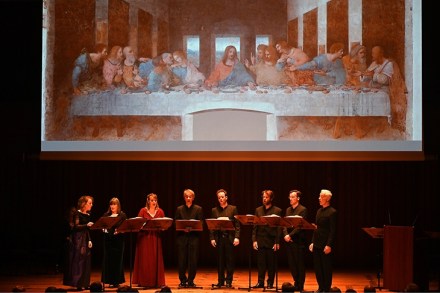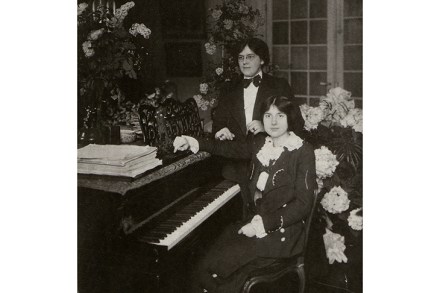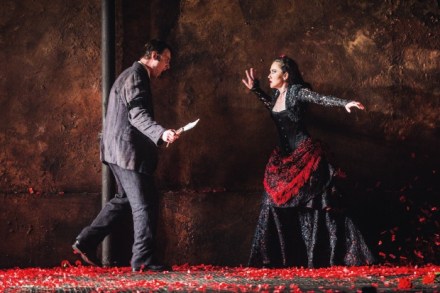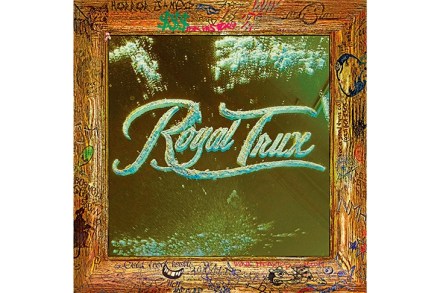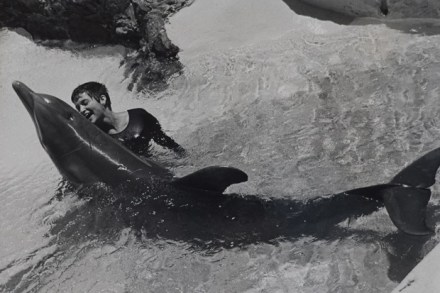Out of this world | 11 July 2019
In Stockhausen’s Klavierstück XI hands become fists, arms and elbows clubs, shoving, pounding and ker-pow-ing the keyboard to near oblivion. No wonder Pierre-Laurent Aimard had slipped on a pair of gloves before starting to stop his fingers from bruising or bleeding. The sound created is monstrous, alarming, thrilling. Aimard threw the full weight of his body behind each blow to such an extent that I could see his backside hovering above his stool. It’s not easy to beat up a Yamaha grand. We always dismiss Stockhausen when he claimed that he came from the star Sirius. But his work backs him up. His Klavierstücke are exactly what you might expect







